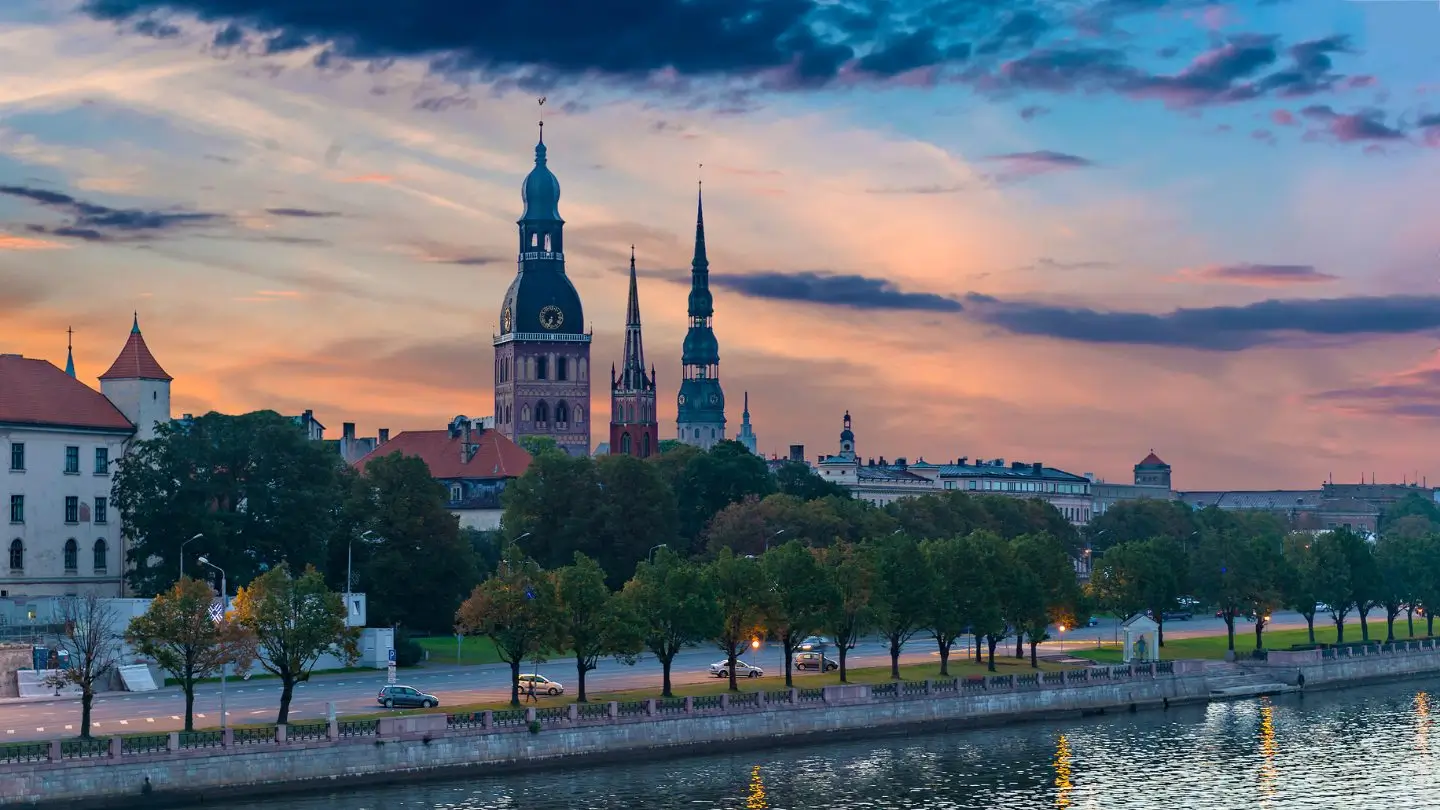
Is a VPN needed in Latvia?
Nestled between Estonia and Lithuania, Latvia stands as a testament to resilience and cultural richness. Its lush forests, sprawling coastline, and vibrant urban landscapes, such as the art nouveau architecture in Riga, present a picturesque view. However, in the 21st century, Latvia, like many nations, grapples with complex challenges in the realm of digital freedom, censorship, and security. This essay delves into these intricacies, exploring the balancing act between freedom of expression, governmental regulations, and the security needs of the state.
Freedom of Expression and Censorship in Latvia
Freedom of expression, a cornerstone of democratic societies, is a right cherished by Latvians. However, this freedom often finds itself in a delicate dance with censorship, especially concerning content deemed harmful or threatening to state security. Notably, the Latvian government has taken decisive steps by banning several Russian TV channels, citing violations of Latvian and EU laws. This action aligns with broader efforts to mitigate foreign influence and misinformation, especially from sources perceived as potentially destabilizing.
P2P and Torrenting Policies: A Digital Dilemma
Peer-to-peer (P2P) file sharing and torrenting represent a digital conundrum worldwide, and Latvia is no exception. In Latvia, the legal framework around P2P and torrenting is shaped by both national laws and EU directives. While the country does not explicitly ban torrenting, copyright laws are enforced, and illegal downloading can result in legal consequences. This stance reflects a global trend towards protecting intellectual property while also acknowledging the complexities of digital content sharing.
Government Surveillance: A Necessary Oversight or Overreach?
Government surveillance in Latvia, as in many countries, is a topic of heated debate. On one hand, surveillance is seen as a necessary tool for national security, particularly in the face of potential external threats. On the other hand, there are concerns about privacy and the potential for overreach. The actions of the State Police, such as administratively punishing users who watch television channels from the banned list, underscore the government’s commitment to enforcing its regulations, but also raise questions about the balance between security and individual freedoms.
Internet Shutdowns and Restrictions: A Response to Threats
Latvia has experienced instances of internet restrictions, most notably in the banning of 132 television programs and the closure of 122 websites by the National Electronic Mass Media Council (NEPLP), predominantly for content deemed threatening to the state. These measures, while aimed at protecting national security, also highlight the challenges faced by governments in ensuring the safe and secure use of digital platforms without impinging on the rights of its citizens.
Conclusion: Striking a Balance
As Latvia navigates these complex digital waters, the key lies in finding a balance. This balance must respect the rights of individuals to free expression and access to information, while also safeguarding national security and adhering to legal frameworks. The Latvian experience serves as a microcosm of the global struggle to reconcile these often conflicting needs in an increasingly digital world. The path forward for Latvia, and indeed for all nations, will be one of continued adaptation, negotiation, and, ideally, an unwavering commitment to both security and freedom.

Leave a Reply